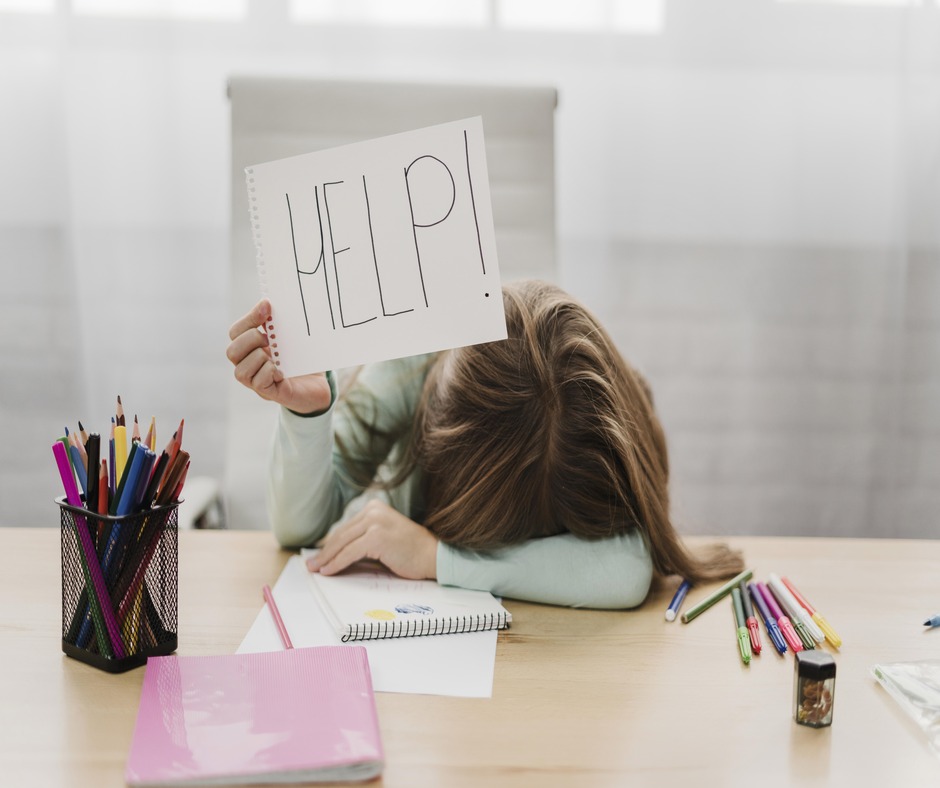Nowadays, most people maintain mental well-being just by being careful about their physical health. Out of different natural healing methods, yoga has proven to be a long-lasting companion in supporting mental tranquillity and emotional balance. For centuries, yoga has been a collection of physical postures and more. It’s a highly meditative discipline that balances the mind and body. Much in the same way that meditation provides internal tranquillity, yoga is an all-around method of bringing back mental well-being and emotional equilibrium.
Yoga is an extremely powerful exercise inclusive of movement poses, breathing styles, meditation, and mindfulness. This body-mind integration calms the nervous system, reduces the effects of stress, and builds emotional resilience across the board.
Regular practice of yoga involves the parasympathetic nervous system, the “rest and digest” state where the mind and body can relax together.
Yoga has been regarded as a spiritual and meditative practice since early times. It was used to balance inner energies, stabilize the mind, and seek essence outside of the physical world. Today, individuals around the globe are realizing its positive effects on mental health, leading it to become a key part of online counselling services in Kerala, where holistic treatment is merged with modern-day psychological treatment.
Why Is Yoga Good for You?
Yoga is more than an exercise routine; it is a way of life that empowers you to hear your body, to watch and notice your feelings, and that directs life with greater ease. It helps the human mind and body to each other through:
Physical poses (asanas) aid in the relaxation of muscle tension and body awareness.
Breathing techniques (pranayama) aid in the control of breath and quieting of the mind.
Meditation cultivates mental peace and they find inner tranquility.
An integration of these practices in yoga becomes a very useful tool in the treatment of anxiety, depression, and stress disorders. Most patients seeking the Best Online Psychology Counseling Services in Kochi tend to perform yoga and mindfulness to speed up emotional healing.
Mental Health Benefits of Yoga
- Reduces stress by decreasing cortisol levels
- Promotes self-awareness and regulation of emotions
- Increases concentration and attention
- Promotes better sleep by calming the nervous system
- Improves mood by releasing feel-good chemicals like serotonin and dopamine
- Helps heal traumatic wounds by creating safety in the body
- Helps bring about mindfulness so individuals can be present and fully engaged
Yoga makes you more aware of your emotions and teaches you to deal with them positively. It becomes a devotional moment of the day for many to connect with the self and introspect. Attending a mindful session at Online Psychologist Consultation in Kerala, together with yoga, can help enrich your journey towards mental well-being. A professional psychologist can make your process even more personalized, identify your triggers, and aid your healing process using therapy and holistic resources.
Conclusion
Yoga is not merely a workout routine. It’s a sanctuary for the soul. It invites you to slow down, breathe, and reconnect with yourself. In a world that all too often feels crazy, yoga provides a peaceful shelter where the mind can rest and rebalance. Whether you’re fighting stress, searching for clarity, or just need to feel more present, yoga is a gentle but potent practice that resets your inner world. The application of yoga coupled with professional support, like online counselling, will enable you to attain a much more peaceful, balanced, and productive life.
Welcome the practice and your mind will be grateful for it.



